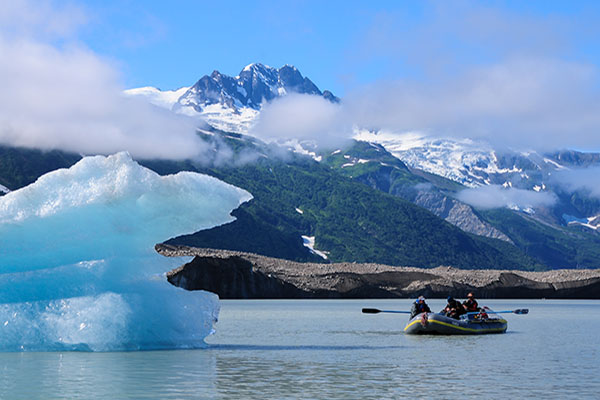About Us
We are all intimately connected to water - both individually and as a society. Access to adequate quantities of clean water for drinking, sanitation and domestic needs is recognized globally as a fundamental human right, but at the same time, the economic value of water in commodity production has led to significant privatization of water a resource. As such, societal efforts to govern water are often both collaborative and contested.
 Led by Brian Chaffin, the mission of the Water & Society Research Lab is to explore the social and biophysical processes that define the human-water relationship. We leverage rigorous social science and interdisciplinary research approaches to better understand water governance - the arena in which human values of water are mediated and acted upon. Water governance extends beyond the formal laws and policies of governments to include market forces and the informal social norms and customs of local-scale water users. Water governance is essential to better understand pathways for managing water sustainably in the future - achieving "water for all," ensuring a sufficient supply of water to meet global food production needs and conserving healthy aquatic habitats and associated ecosystem services. The Water & Society Lab augments its research efforts with innovative approaches to water education and strong global partnerships with both research and water governance organizations.
Led by Brian Chaffin, the mission of the Water & Society Research Lab is to explore the social and biophysical processes that define the human-water relationship. We leverage rigorous social science and interdisciplinary research approaches to better understand water governance - the arena in which human values of water are mediated and acted upon. Water governance extends beyond the formal laws and policies of governments to include market forces and the informal social norms and customs of local-scale water users. Water governance is essential to better understand pathways for managing water sustainably in the future - achieving "water for all," ensuring a sufficient supply of water to meet global food production needs and conserving healthy aquatic habitats and associated ecosystem services. The Water & Society Lab augments its research efforts with innovative approaches to water education and strong global partnerships with both research and water governance organizations.
Our research is driven by the timely need to better understand how society can prepare for, navigate and adapt to rapid environmental change that will impact the spatial and temporal distribution of water, creating new and unexpected water governance challenges. Much of our work is theoretically informed by bodies of scholarship that explicitly recognize complexity and uncertainty: complex adaptive systems science, social-ecological resilience and adaptive water governance.
The Water & Society Lab is committed to research that translates science into policy. We consistently strive to bridge communication gaps between highly-impactful social and ecological researchers and water governance decision makers.
